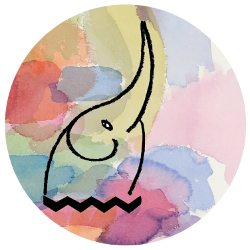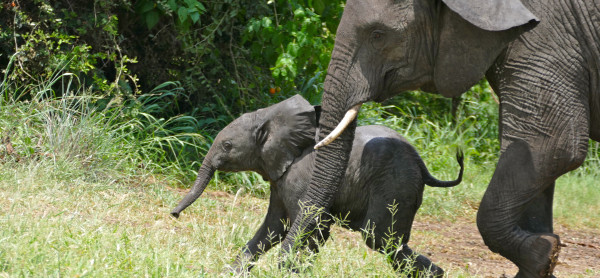Why a play about elephants?
The plight of elephants has relevance to some of the major issues international communities are grappling with today: climate change, civil unrest, refugees, and the need for conservation.
Climate change is causing severe droughts and wider desertification of Africa. Both people and animals are struggling to survive in areas. When this happens people often move into the fertile grounds that are traditional elephant territory (often fertile because of their presence). The resulting conflicts brings about the deaths of many elephants.
Nevertheless, the farmers may still be forced to move to the cities and this often causes civil unrest, as in Syria and Burundi. In the end many people in desperation leave the violence and hunger of their homelands. They become displaced persons, refugees who at times wind up at our doorstep.
Those who stay may seek to make a living by assisting crime cartels. They will poach the elephants in order to sell their ivory to people who like to display ivory objects in their homes as a sign of status. Others may help big game hunters in achieving one more violent trophy.
This all worsens the situation with climate change, because the elephants are critical to the survival of the African jungles, and those jungles are a critical carbon sink.
Elephants are intelligent, self aware, and deeply feeling creatures. They feel shame, compassion, and grieve, yet still find moments of joy in life. These observations about elephants all come from reliable scientific research. A truthful portrayal of these animals's lives on stage has the potential to be profoundly affecting and open people to seeing their plight and the plight of Africa as our plight.
Elephants are neither black nor white. They are gray. They belong to all of us all around the world. They are our largest land mammal and one of our closest intellectual neighbours on this planet. I do not wish to live in a world where one day my grandchildren will only have heard of elephants.
Why Creative Commons?
The universal need for awareness when it comes to our environment has prompted us to both create Heard of Elephants in part out of Creative Commons material and then to release it to Creative Commons under the attribution and share alike license. We want all those who contribute to this work to be acknowledged to the best of our ability, and for others to share as we have shared. In this way professional theatre groups, community theatre groups, schools, and relevant environmental and social justice groups can use this work to help ensure a better future for ourselves, the elephants, and the whole world.
If you are interested in performing this work yourself, keep an eye open as more material from the show becomes available as we finalise script, music, and more.
Please note: when we have used others Creative Commons works, we must abide by their licenses. This is why you will see more than one license type listed on this site.
| Performances: | from Fri 16 Sept to Sun 02 Oct |
|---|---|
| Location: | SomaChi Yoga 15 Bedford St (near Smith St), Collingwood |
| Tickets: | Melbourne Fringe Festival melbournefringe.com.au or call 03 9660 9666 |

2015 Katherine Phelps
Top photograph, "African Elephants (Loxodonta africana) calf with mother", by photographer Bernard Dupont, 2015. Licensed under CC BY-SA, photograph has been trimmed.




